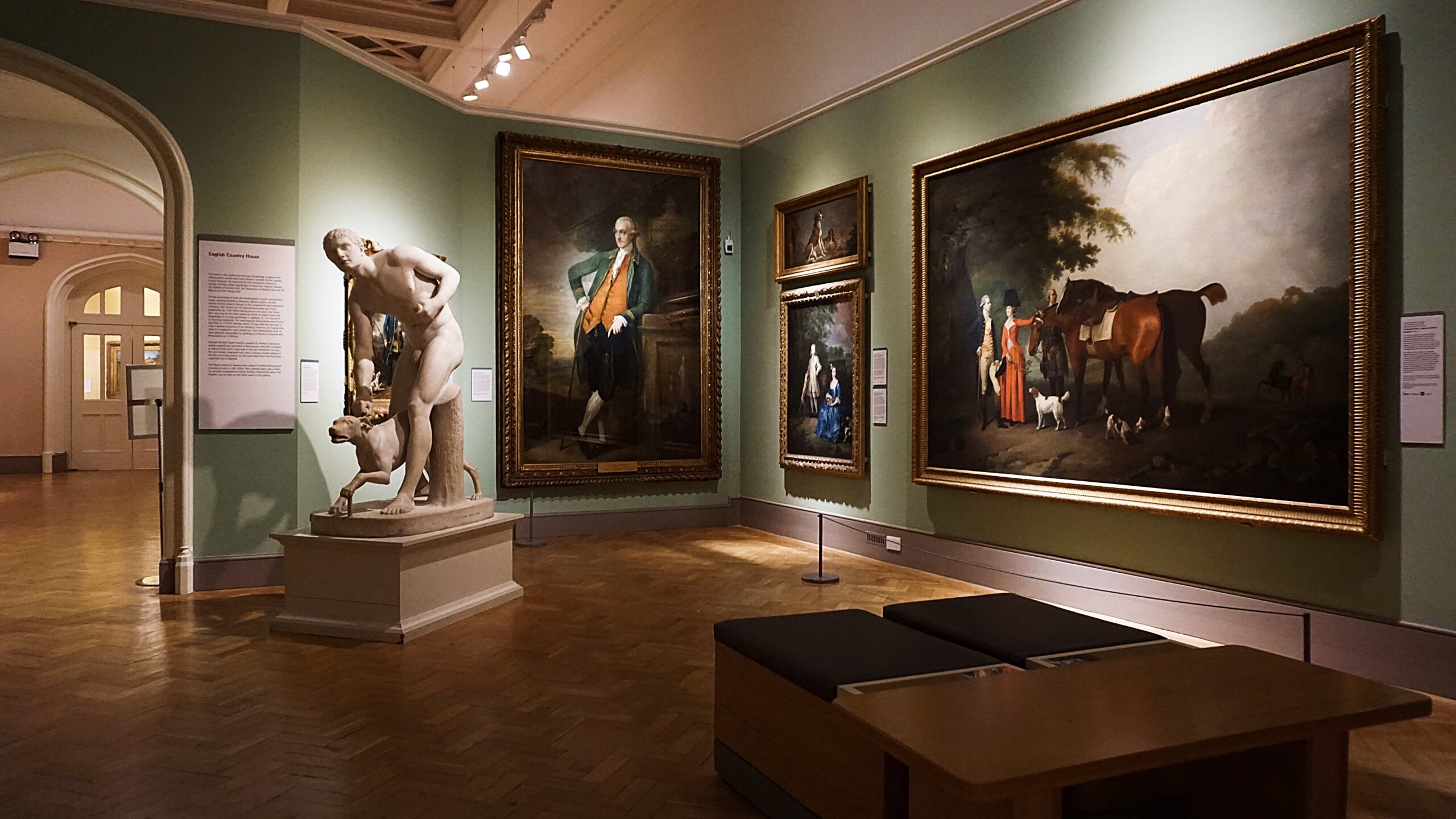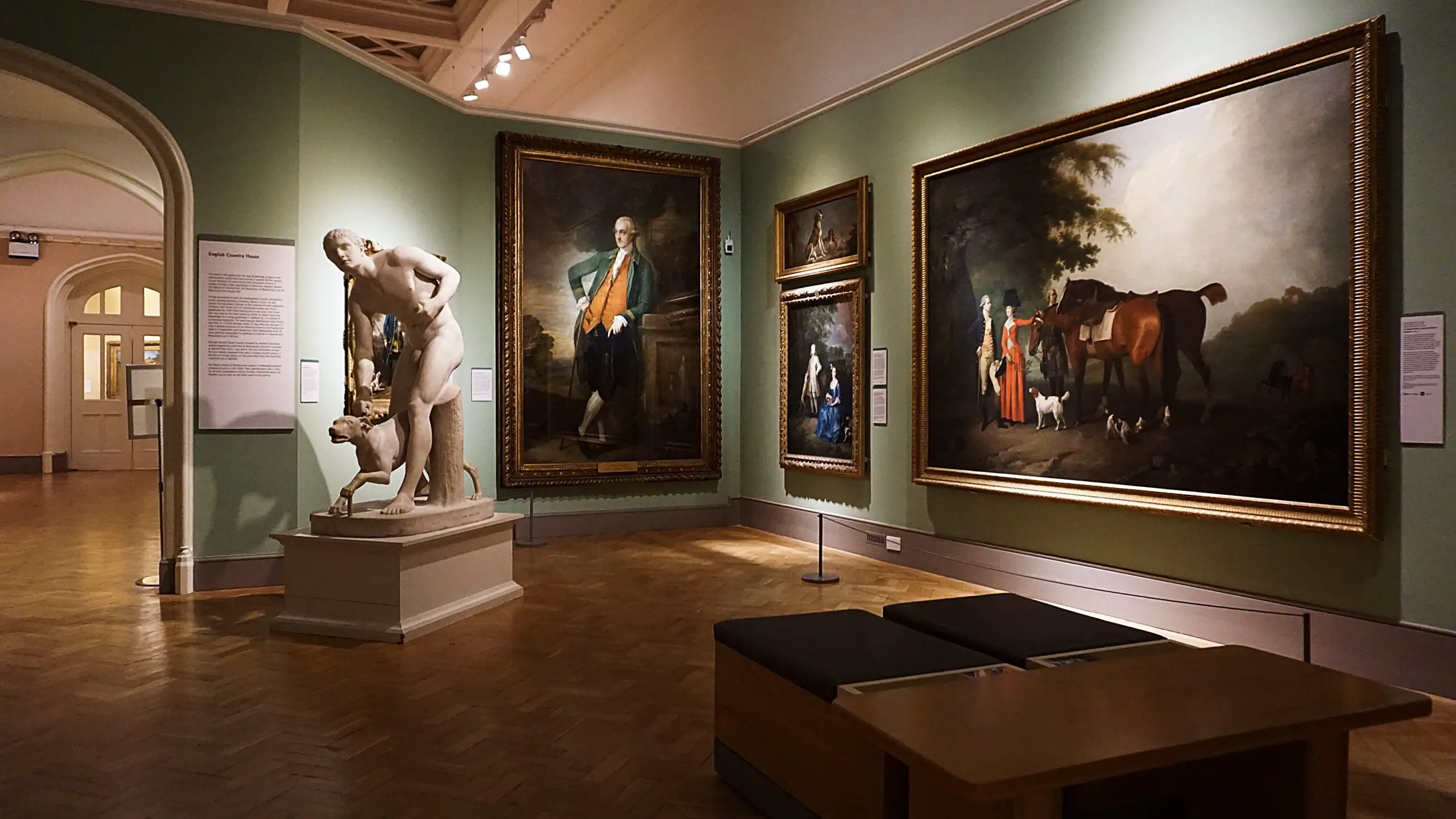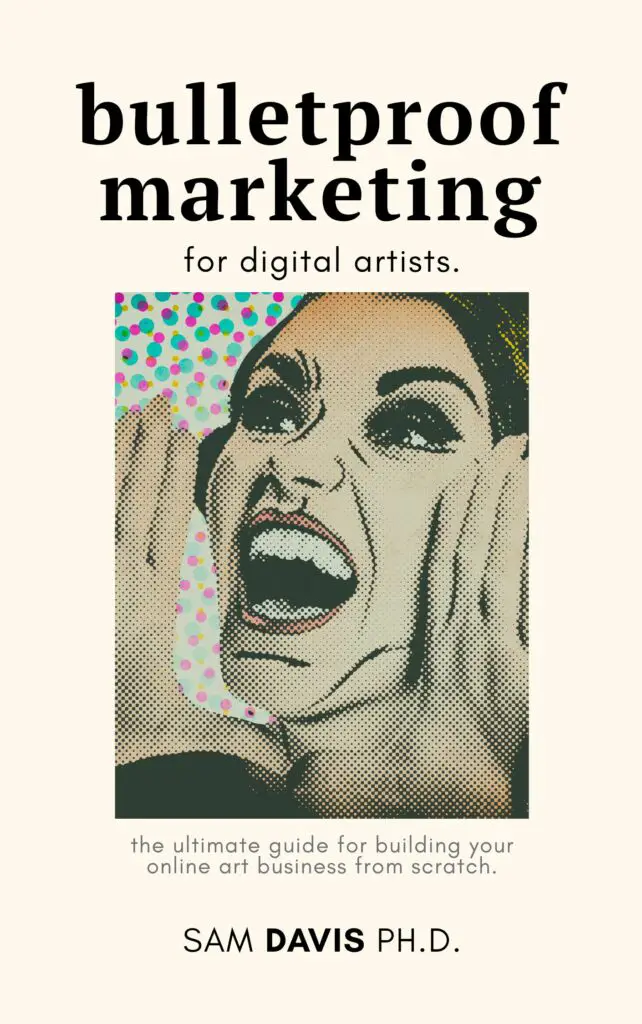Are you an artist who is looking for a way to showcase your work online? If so, you have come to the right place! In this blog post, we will discuss 10 of the best websites for artists. These websites provide a platform for artists to share their work with the world, and they also offer various tools and resources that can help artists improve their craft. So, without further ado, let's get started!

1. Building your own website
The best website for artists is the one that you own. Whether you use a website builder or develop your artist website from scratch, to sell art online, you'll probably need an online store that you control. Selling art only is easy with your own site; more challenging if you're relying on someone else's marketing tools (like, say, Etsy).
Best website builder for artists
The best website builder for artist(s) is one that you're comfortable with. If you're already tech savvy, I'd stay away from any website builder “for artists”, as it is likely too restricting for your artistic vision. After all, your online art portfolio should stand out against other artists, and even the best website builders are just going to give you cookie cutter solutions.
Some people swear by the GoDaddy website builder, but I strongly disagree with GoDaddy on principle alone. While their website builder for artists might work well, supporting GoDaddy is supporting a company whose leadership trophy hunts. I'd rather take my online portfolio or artist website to somewhere else.
Best Web Builder: WordPress Sites
If you're going to work with WordPress, the best website builders in my opinion are Divi, Generate Press, and Oxygen. Other website builders have their purposes, but these three are for general use and integrate well with ecommerce features. I use all three of these on my own website(s) and run an online store on several, too. I find that the WordPress ecosystem is the best website builder for illustrators like me.
Of these, I'd say that Divi is among the best portfolio website builders out there, but it can be a little slow and clunky. It is definitely an intuitive website builder.
Oxygen is less intuitive, but you can build a responsible portfolio website in mere hours once you get the hang of it. Plus, the website is clean, which maximizes the impact of your other marketing tools like social media and ecommerce features.
If you're just using a free plan / free templates, just pick and choose. It'll still look good. You can upgrade when you can afford it.
All the ecommerce features you need
In order to sell art online, you need to be able to, you know, sell art. Online. Many website builders will upcharge you for the right to access ecommerce functionality, so make sure that you investigate before committing to a particular drag-and-drop editor or other tailored solutions.
Having your own online store is important, especially to sell your art online to your fans. Online stores need to be customizable and have all the ecommerce features you need. You may need to allow for things like digital downloads, sell prints with print on demand tools, or need other integrations. So pay attention to ecommerce features. Ecommerce functionality should be first among other features if you're building your own web pages. Online stores should:
- Allow check out without creating an account
- Accept cash in different currencies
- Easily show pictures of your products
- Load quickly on multiple platforms (e.g., desktop, mobile, and tablet)
- Features social media integration or allows for social media integration with plugins
If your online store doesn't do these things, it's time to find a new website builder for your artist website or online portfolio.
Custom domain name or FREE domain name
Many web hosts will offer you a free domain for your website when you purchase a hosting plan. My favorite web host, NameCheap, definitely offers that deal regularly. While a custom domain name is important, make sure that you're making your hosting decision based on more than that, because certain paid plans may upcharge your domain name when it becomes time to renew.
If you plan to build a lot of websites, you may want to consider using Cloudways instead of a singular host. You can host your own website and nearly infinite low traffic websites for other artists. Nothing is restricted, so no need to worry about ecommerce features or a fully functional online portfolio.
2. Sharing your art portfolio on social media
There are several different portfolio websites that are classed as social media, and they all deserve your attention. If you're just starting out, chances are that you don't even need a professional website yet. You can likely get by with just using a social media platform to showcase your work. Here are some of the best social media platforms for artists:
Facebook for artists
While you might not think of Facebook as an art gallery, it is actually a great platform for artists. You can create a page for your artwork, and then share your page with your friends, family, and even advertise it. Facebook does have ecommerce functionality, but it leaves much to be desired.
Instagram for artists
Of all the social media accounts out there, Instagram is likely your most powerful tool for a low-effort “portfolio website.” By simply tagging your artwork with #art, you can make it searchable by anyone on the app. Plus, if you link to your artist website in your bio, you can drive traffic to your site and increase sales.
Twitter for artists
Twitter is a great platform for promoting your artwork, but it's not going to be as effective as Instagram or even Pinterest in building your audience. Some people love twitter, but I find that it's too complex for simple sharing of my art. If you use Twitter for other reasons, it may make sense to use it for your art, too.
3. Getting news sites to link to artist websites
This is a sort of secret strategy, and one that's worth a try. Search engine optimization principles say that the more links back to your website that search engines see, the higher you'll exist in the search rankings.
One way to get links back to your website is by submitting your artist website to news sites. You can do this by finding a list of arts and culture editors for news sites and sending them an email with a link to your site and a pitch for an article.
You can also submit press releases about your art exhibitions or other events that you're participating in. Developing these relationships with news media will help you get “free” publicity and drive visible traffic to your artist web pages. This is a great strategy to boost traffic and analytics on all portfolio websites.

